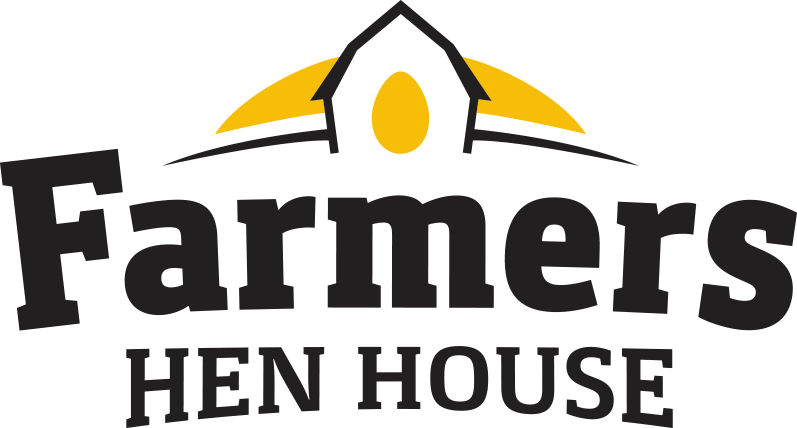Ever stand at the egg shelf wasting time trying to tell the difference between Pasture-Raised, Free Range, and Cage-Free eggs? Not to mention Non-GMO, Organic, and Certified Humane? There’s a lot of labels, and thus cause for a lot confusion. To make it a little easier we thought we’d provide a short blog on the difference, specifically with regards to Pasture-Raised eggs.
Defining Pasture-Raised Eggs
Essentially, what makes a Pasture-Raised egg pasture-raised, is the amount of outdoor space the hens have. To be considered pasture-raised, each hen must have a minimum of 108 square feet of outdoor pasture to frolic and forage. This is in contrast with Free-Range eggs, which only need a minimum of 2 square feet to be considered free-range, or, cage-free eggs, which don’t require outdoor access at all.
Benefits of Pasture-Raised Eggs
The benefits of pasture-raised eggs are first and foremost the humane treatment of the hens. In their ability to stretch their wings and frolic in green pastures, we know that our hens are receiving a diverse diet as they forage for bugs (a favorite), grass, fruit, and vegetables. These added dietary elements may help provide richer and darker yolks, in addition to a better tasting egg. Discover where you can find our pasture-raised eggs at a store near you!


